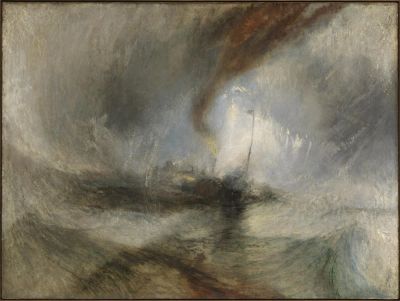A Sense of Air: For an Aesthetics of Climate - Eva Horn in Conversation with Laurent StalderSession on Territory ETH Zürich
The modern definition of climate as “average weather” has erased an age-old sensorium that cultures had towards their surroundings, most specifically the air – be it hot or cold, clean or miasmatic. My talk will recall some of historical aspects of this ancient, “elemental” understanding of air and climate, and will trace how the air was “forgotten” in the modern age. I also will make some suggestions towards a renewed attention to, and understanding of the atmosphere(s) that surround us.
Eva Horn is professor of Modern German literature and cultural history at the University of Vienna. She has taught in Germany, Switzerland, the US, France, and Austria. Her research revolves around the interactions of fiction, scientific knowledge and political thought. After her PhD on German Romanticism, she published a book about political secrecy in the 20th century, The Secret War: Treason, Espionage, and Modern Fiction. In recent years her research has focused on the ways in which the future, and more specifically, catastrophic futures are addressed in literature and film. Her book The Future as Catastrophe: Disaster Imagination in the Modern Age assesses the history of disaster scenarios in fiction, politics and science, from nuclear apocalypse to the visions of climate change since the 18th century. Currently she is finishing an introduction to the concept of the Anthropocene for the humanities, together with Prof. Hannes Bergthaller (Taichung) (forthcoming in German and English in fall 2019). From 2014-2018, she directed Climate’s Time, a research project on literary conceptions of climate from the 18th century to the present and its inherent temporalizations of nature. She was a visiting professor at the German Departments of NYU and Columbia University, and has been a Fellow at the Kulturwissenschafliches Kolleg at Universität Konstanz (2008) and the Institute of Advanced Sustainability Studies, Potsdam (2016). She is currently the founder and director of the Vienna Anthropocene Network.
